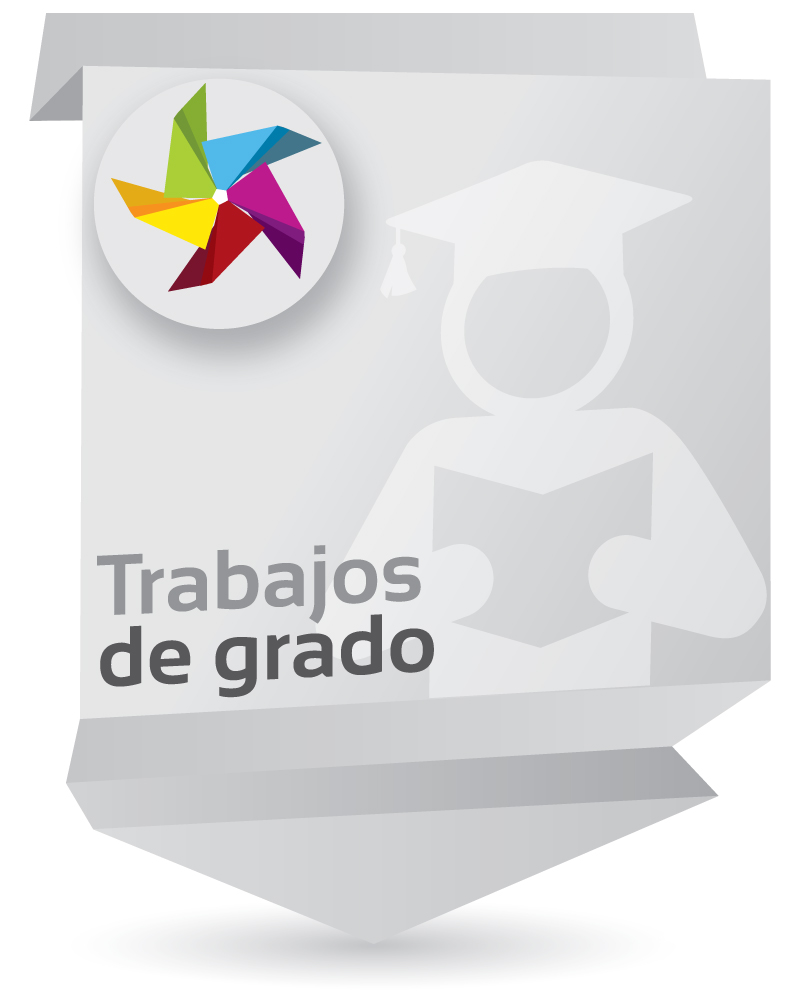Asociación entre la calidad de tres tipos de rotación clínica y el enganche académico de estudiantes de medicina
Enlaces del Item
URI: http://hdl.handle.net/10818/53147Compartir
Estadísticas
Ver Estadísticas de usoMétricas
Catalogación bibliográfica
Mostrar el registro completo del ítemAutor/es
Caicedo Caicedo, Luis AlfonsoAsesor/es
Domínguez Torres, Luis CarlosFecha
2022-11-08Resumen
La asociación entre la calidad académica en las rotaciones clínicas con el enganche académico en estudiantes de medicina es poco conocida. Objetivo: Establecer la asociación entre calidad académica de tres rotaciones clínicas (hospitalaria, simulación y enseñanza mediada por telemedicina) con el enganche académico estudiantil durante el curso de pediatría en el marco de la pandemia por Covid-19. Materiales y métodos: Estudio transversal de correlación con estudiantes de medicina que realizaron rotación clínica de pediatría. La calidad académica y el enganche fueron evaluadas mediante los cuestionarios ROTA-Q y UWES-S 17, respectivamente. Se computaron los promedios y desviaciones estándar de cada variable y las correlaciones se evaluaron mediante la prueba de Pearson (significativo si p<.05) Resultados: Participaron 44 estudiantes. El promedio de la escala ROTA-Q fue de 4.39 0,62 [1-5] y el de la escala UWES-17 fue 4.28 0,90 [1,76-6]. El coeficiente de Pearson entre la calidad de las rotaciones y el enganche académico fue 0.319 (p <0.05). La asociación con el enganche académico fue superior con la rotación de telemedicina, seguida por la de simulación y finalmente por la hospitalaria. Conclusiones: La calidad académica de la rotación de pediatría se relaciona positivamente con el enganche a las actividades académicas. La percepción de calidad académica, los niveles de enganche, y su asociación, fueron mayores en telemedicina. Son necesarias acciones para la mejora continua de la calidad y para potenciar la formación mediada por telemedicina y simulación. Introduction: The association between academic quality in clinical rotations with academic
engagement in medical students is little known.
Objective: To establish the association between academic quality of three clinical rotations (hospital,
simulation and teaching mediated by telemedicine) with student academic engagement in the
pediatrics course in the framework of the Covid-19 pandemic.
Materials and methods: Cross-sectional study of connections with medical students who performed
clinical rotation in pediatrics. Academic quality and engagement were evaluated using the ROTA-Q
and UWES-S 17 questionnaires, respectively. The means and standard deviations of each variable
were computed and the correlations were evaluated using the Pearson test (significant if p<.05).
Results: 44 students participated. The mean of the ROTA-Q scale was 4.39 0.62 [1-5] and that of
the UWES-17 scale was 4.28 0.90 [1.76-6]. Pearson's coefficient between the quality of rotations
and academic engagement was 0.319 (p<0.05). The association with academic engagement was
higher with the telemedicine rotation, followed by the simulation rotation and finally by the hospital
rotation.
Conclusions: The academic quality of the pediatric rotation is positively related to engagement in
academic activities. The perception of academic quality, the levels of commitment and their
association, were higher in telemedicine. Actions are necessary for the continuous improvement of
quality and to promote training mediated by telemedicine and simulation.













![pdf [PDF]](/themes/unisabana//images/mimes/pdf.png) Ver documento en PDF (426.2Kb)
Ver documento en PDF (426.2Kb)




